

With its own production facilities in Italy, Brazil and Serbia, the Italian company Farmina Pet Foods has developed into an internationally active pet food manufacturer.
The history of Farmina dates back to 1965, when Dr Francesco Russo established Russo Feed, a company specialising in the fodder sector. In 1999 Dr Russo’s son, Dr Angelo Russo, joined the company. He recognised the potential of the pet food industry and decided to focus on it. Russo Feed’s cooperation with the UK company Farmina Pet Foods, based in Ingatestone in Essex, was an important contributory factor to the company’s research and product development. After years of collaboration, Russo Feed finally acquired the Farmina Pet Foods group. The company had already invested in production capacity and developed new formulas and new product lines. Today Farmina Pet Foods offers a comprehensive range of specific product lines in different formulations depending on the age, size, breed and lifestyle of cats and dogs. The company aims to offer its customers a complete and balanced food containing the right amounts of protein, fats, carbohydrates, vitamins and minerals for dogs and cats of every age, breed and weight. Farmina offers the following product lines for dogs: “N&D Grain-Free canine”, “N&D Low-Grain canine”, “Ecopet Natural”, “Farmina Vet Life canine”, “Cibau”, “Ecopet”, “Fun Dog”, “Team Breeder Dog” and “Charli”. Its cat food portfolio includes the lines “N&D Grain-Free feline”, “N&D Low-Grain feline”, “Farmina Vet Life feline”, “Cimiao”, “Matisse”, “Fun Cat”, “Team Breeder Cat” and “Charli Cat”. The formats developed range from 400 g to 20 kg and are distributed worldwide. State-of-the-art technology The most important countries for Farmina Pet Foods are Brazil, Italy, Russia and Serbia. 70 per cent of sales are transacted outside its home country of Italy. The company, which is based in Nola in the province of Naples, has production facilities with a capacity of 6 t/h in Brazil, 10 t/h in Serbia and 12 t/h in Italy. Farmina is proud of using a twin-screw extrusion process that is used chiefly in the field of human food production. As the company describes, this technology activates a mechanical process that ensures better gelatinisation of starch, increasing the mixing and baking periods by 20-25 per cent compared with single-screw systems. According to Farmina, the end result is a lower denaturation of nutrients, resulting in increased digestibility. Another highlight of the production methods used by Farmina is the Long Life Vitamins system, in which the vitamins are added to the product only after the extrusion process. This…
Related articles
Read also

 Menü
Menü

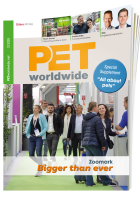




 2/2013
2/2013
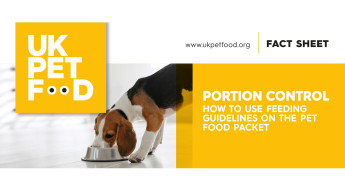


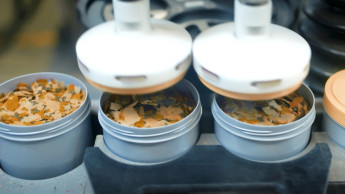

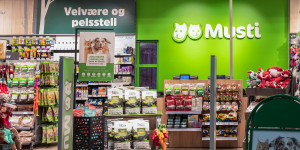



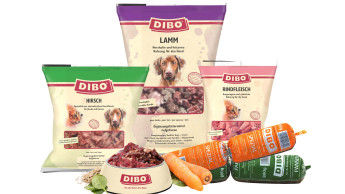

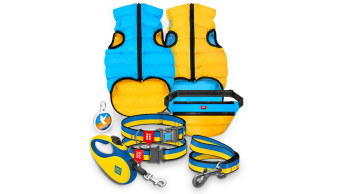
 Newsletter
Newsletter